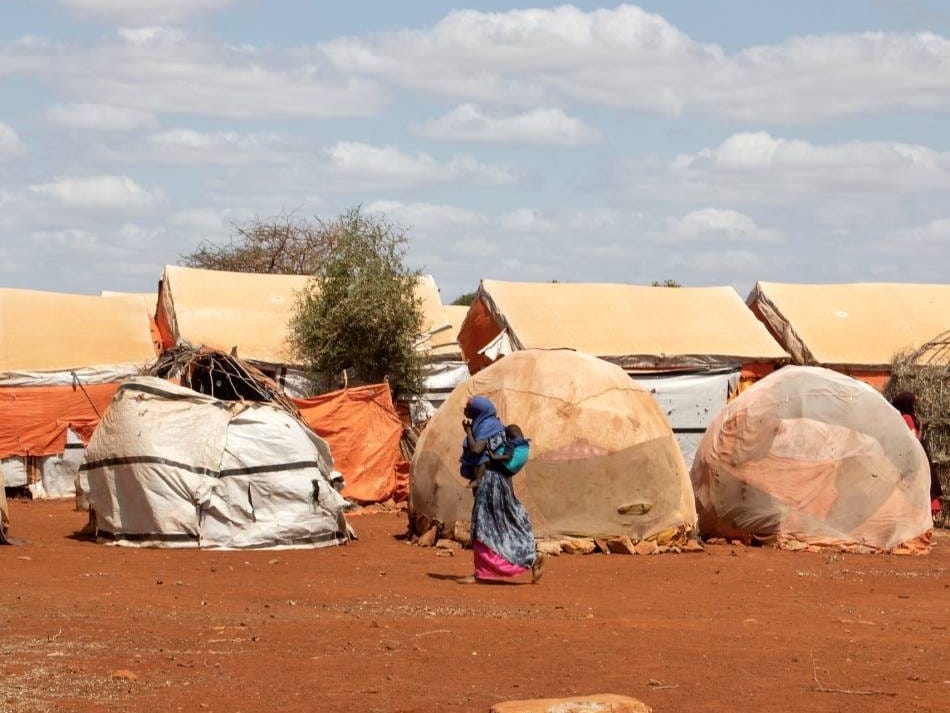WASHINGTON (AN) — While you are reading this sentence, another man, woman or child will have died of starvation.
That’s the message of an open letter from Oxfam and more than 230 other local and international NGOs to world leaders gathered in New York City for the 77th United Nations General Assembly's high-level gathering. The humanitarian groups calculate that every four seconds, a person perishes from hunger.







